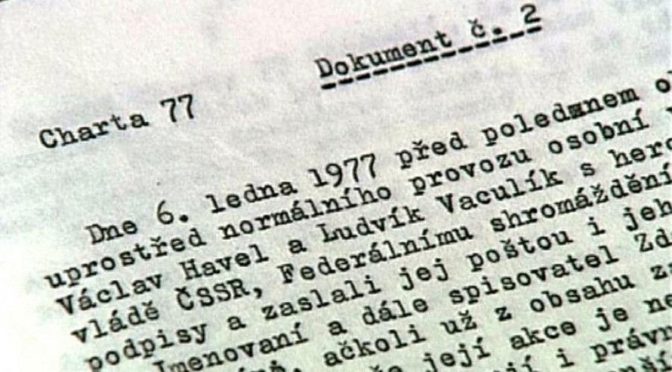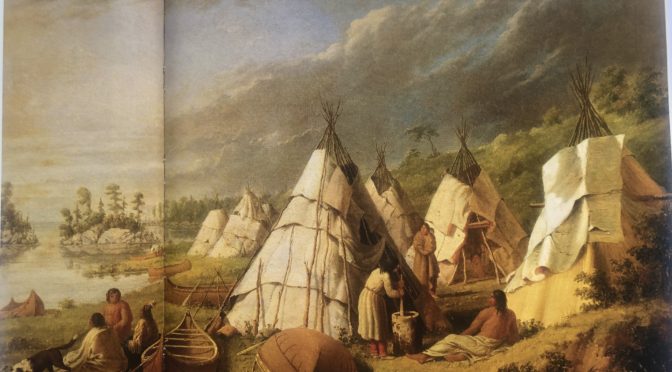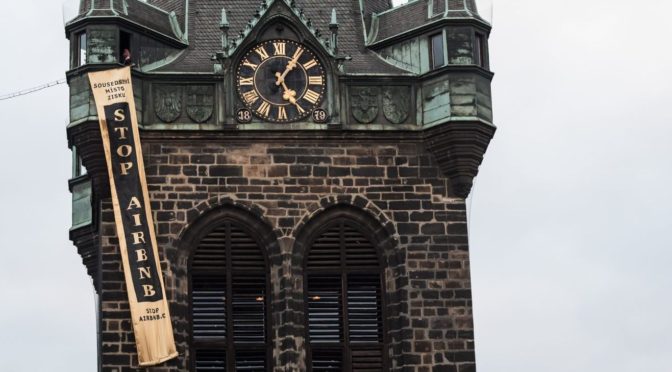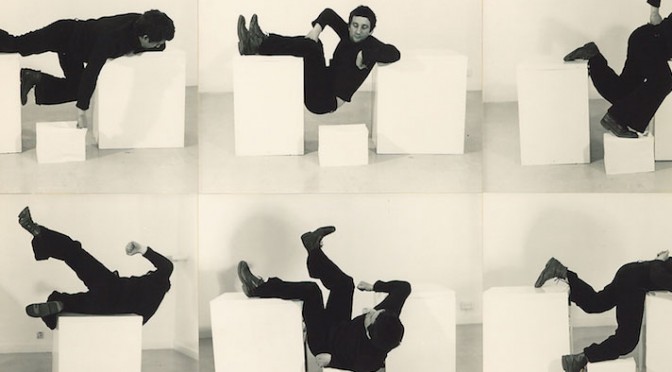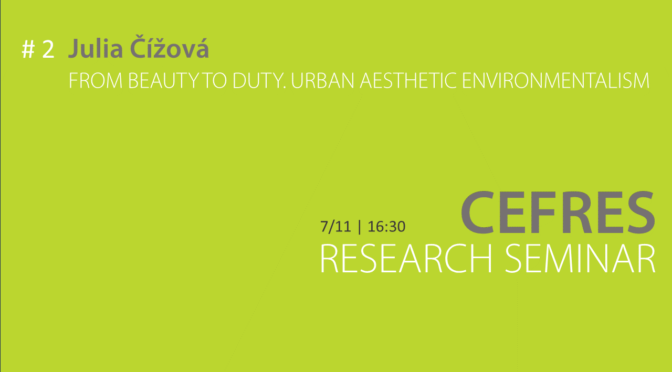International Workshop organized by the CEFRES, in cooperation with the Institute of Sociological Studies (Faculty of Social Sciences, Charles University in Prague).
Date: 4–6 November 2021
Place: CEFRES, Prague and online (for the access, please contact: claire(@)cefres.cz)
Language: English
Program
Thursday, 4 November
17:30 Welcome speech
18:00 – 19:00 Keynote: Agnes Gagyi, University of Gothenburg, Housing struggles in Eastern Europe as a structural field of contention
19:00 Cocktails
Friday, 5 November
9:30 – 11:00 Housing crisis: Alternative housing and resisting actors
Zsuzsanna Pósfai, Periféria Policy and Research Center, Potential financial mechanisms for new forms of affordable housing
Yuliya Moskvina, Ludmila Böhmova, Charles University in Prague, Jakub Černý, University of Ostrava, Písnice as a space of resistance to privatization
Jakub Černý, University of Ostrava, Processes of (collective) resistence in the context of residential displacement in Czechia: Case study „Bedřiška”
Chair: Yoann Morvan (CNRS)
11:00 – 11:30 Coffee break
11:30 – 13:00 Urban initiatives and movements
Alexandra Bitušíková, Matej Bel University in Banská Bystrica, Not in our town: Urban activism in Slovakia (The case of Banská Bystrica)
Justyna Kościńska, University of Warsaw, Theorizing urban movements in Pierre Bourdieu’s terms of capital and habitus
Klemen Ploštajner, University of Ljubljana, Between political and post-political: Two urban movements in Ljubljana
Chair: Ronan Hervouet (CEFRES / CNRS / Bordeaux University)
13:00 – 14:30 Lunch break
14:30 – 16:00 Institutional formations in the cities: neoliberalism and beyond
Michaela Pixová, Charles University in Prague, Governance of crises in crisis: Dialogue, cooperation and radical forms of democracy as a way of overcoming inaction
Václav Orcígr, Charles University in Prague, Recent development and planning in Prague – NGO perspective
Pavel Šuška, Slovak Academy of Sciences, From Local ideology to tactical urbanism and strategic integration: Changing place-frames within urban political landscape of post-socialist Bratislava
Svetlana Moskaleva, European University at St.Petersburg, Institutionalization of urban planning in post-soviet Russia
Chair: Yuliya Moskvina (UK)
16:00 – 16:30 Coffee break
16:30 – 17:30 Spatial practices
Lýdia Grešáková, Zuzana Tabačková, Spolka, Spatial practices from the margins
Adela Petrovic, Greta Kukeli, Charles University in Prague, From a former industrial neighborhood to a creative-class oasis: A case study of Karlín, the inner-city neighborhood of Prague
Chair: Václav Orcígr (UK)
Saturday, 6 November
10:00 Critical urban tour at Karlín district with Jakub Nakládal (meeting at CEFRES)
For more information, see the call for papers: here.

